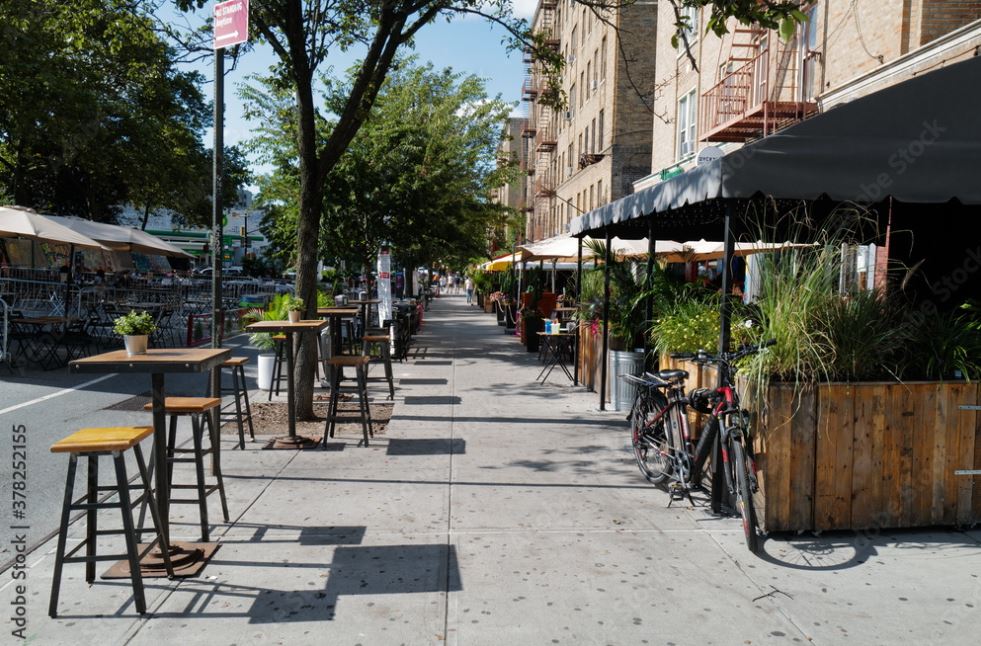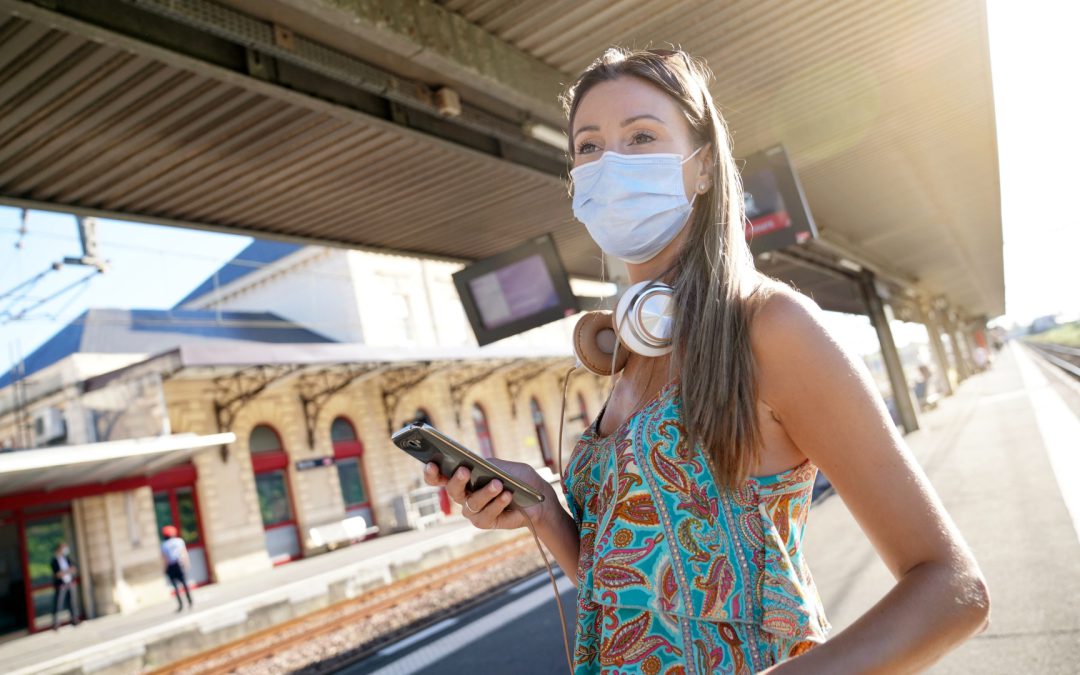The COVID-19 pandemic has resulted in major changes in how people work and travel. Research by Robert Noland and Wenwen Zhang suggests that some of these changes are likely to endure.


The COVID-19 pandemic has resulted in major changes in how people work and travel. Research by Robert Noland and Wenwen Zhang suggests that some of these changes are likely to endure.

May 12, 2021, 9:15 – 10:30 AM
Virtual
North Jersey Partners (NJP), in partnership with the Employers Association of New Jersey (EANJ), commissioned research from Rutgers-VTC to better...
Join us on Tuesday, January 26 at 4-5:30 p.m. for this virtual presentation at the upcoming 100th Annual Meeting of the Transportation Research Board.
Access to quality, reliable transportation has a major impact on one’s life. During the COVID-19 pandemic, this disparity has been even more apparent as those living in high-risk areas have suffered more health impacts from the virus. Solutions related to more reliable transportation options and increased density may lead to greater health equity outcomes.
This year has looked and felt different for all of us. At NJTIP, we have really missed riding buses and trains and showing our clients how to use...

On September 29, the Bloustein School’s Alan M. Voorhees Transportation Center at Rutgers University convened a full-day virtual symposium to share information and gather input from sector leaders regarding COVID-19 responses and thoughts on what to expect from the post pandemic world.
With funding from the Bloustein Healthy Communities initiative, VTC is studying the effects of COVID-19 on transportation. Our survey will collect data in New Jersey on changes in travel activity, working from home, and attitudes towards walking and street closures.
Since its creation in 1979, NJ TRANSIT has grown into the geographically largest public transit system in the United States. Over more than four decades, the agency’s financial structure has shifted in response to changing state and federal priorities—shaping service...
Objective While fatal crashes are available through the Fatality Analysis Reporting System (FARS) and are readily available to the public, many states do not make their crash data easily accessible for the public and the research community. The public has an interest...
Through this research, NJ TRANSIT sought to understand how women and members of the lesbian, gay, bisexual, transgender, queer plus community, sometimes referred to as sexual and gender minorities (SGMs) travel on NJ TRANSIT so the agency can provide better...
Recent advances in biometric sensing technologies, such as eye tracking, heart rate trackers, and galvanic skin response (GSR) sensors, offer new opportunities to measure pedestrian stress level and their travel experiences in real-time. Uncertainty remains about...